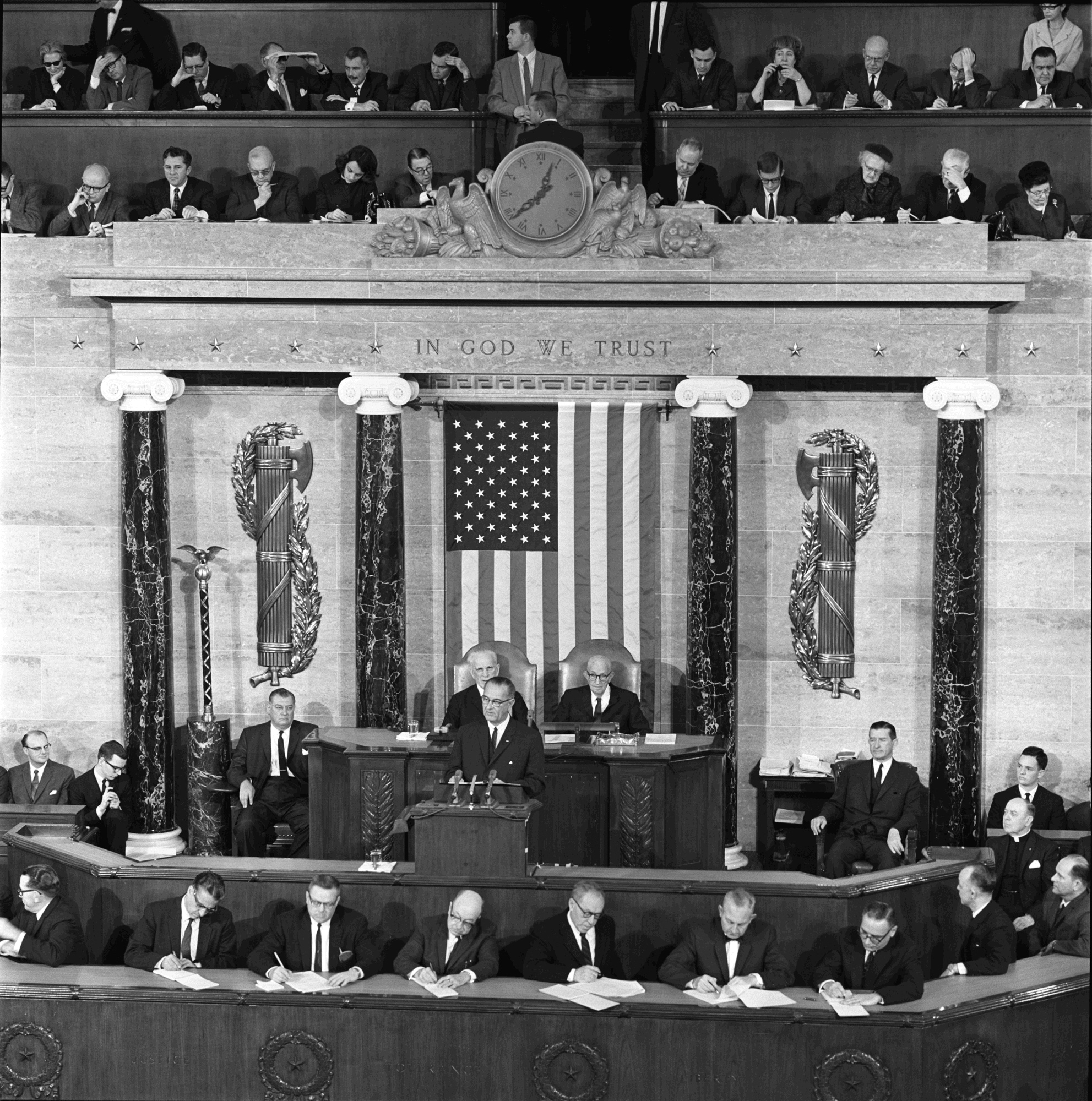The Federal Freedom of Information Act, commonly referred to as FOIA, was signed on July 4, 1966, by an initially reluctant President Lyndon B. Johnson. It provides that any person has the right, enforceable in court, to obtain access to federal agency records. Certain records are exempt from public disclosure.
A Brief History of FOIA
News industry leaders and congressional members from both political parties pressed for the landmark law, which took effect in 1967 and has been updated several times. After the Watergate scandal, Congress amended FOIA to force more compliance from government agencies, despite a veto by President Gerald Ford. Congress voted to override Ford’s veto.
The Freedom of Information Act was amended again in 1976 and 1986 to address which information is accessible to the public and to change request fees. With the Electronic Freedom of Information Act amendments of 1996, FOIA was amended to allow greater access to electronic government records. Certain types of records created after November 1996 must be made available electronically, and electronic reading rooms must be provided for public access to records. The law also extended the time an agency is given to respond to a request.
In 2001, in the wake of the Sept. 11 attacks, President George W. Bush signed an executive order restricting access to records of former presidents. This was later revoked by President Barack Obama’s administration. In 2002, the Intelligence Authorization Act amended FOIA to limit the ability of foreign governments, organizations or individual agents to request records from U.S. intelligence agencies.
The OPEN Government Act in 2007 amended certain fees for FOIA requests and established an Office of Government Information Services to review government agency compliance with FOIA requests. This act also redefined what it meant to be part of the “news media” and extended the allowable agency response time yet again.
In 2009, Obama issued an executive order mandating that almost all classified governmental material be automatically declassified after 25 years. Obama also signed an order stating only the president, vice president and federal agency heads could classify documents as “Top Secret.” Federal agencies retain the right to retroactively classify requested information that has not been previously disclosed if it is a matter of national security.
Congress is currently considering several bills that could further change the Freedom of Information Act.
Types of Information
U.S. government agencies are required to disclose records upon request, unless the records can lawfully be withheld under the specified exceptions.
The public may request printed documents, photographs, videos, maps, emails and other electronic records that were created or obtained by a federal agency or are in an agency’s possession and control.
It is not necessary to explain why the information is needed, but the more specific the request is, the easier it is to locate the record.
Making a Request
Before sending a request to a federal agency, determine which agency is likely to have the records. Check the FOIA website and the agency’s website to make sure those documents are not already available to the public.
Once a FOIA request is submitted the governmental agency generally has 20 business days to respond and say whether it will fulfill the request. The agency may ask for a clarification. The entire FOIA process may take months or even years. If documents are not released, or are only partially released, you may appeal to the agency head and then to federal district court.
There are different fee categories for FOIA requests. Costs may include time charged for agency personnel, computer use and duplication fees. A government agency has the discretion to waive or reduce fees, and the law states that fees will be waived if it’s determined the disclosure of the information “is in the public interest.” Journalists, in particular, should note that they intend to publish the information or use it for a planned article or broadcast to inform the public.
Exceptions
FOIA puts the burden on the government, not the public, to substantiate why information may not be released.
Exemptions and exclusions to agency information include: National security information; internal personnel rules and practices; information exempt under other laws; confidential business information; inter- or intra-agency communication that is subject to deliberative process; ongoing litigation and other privileges; personal privacy; certain law enforcement records; information from financial institutions; and certain geological information.

